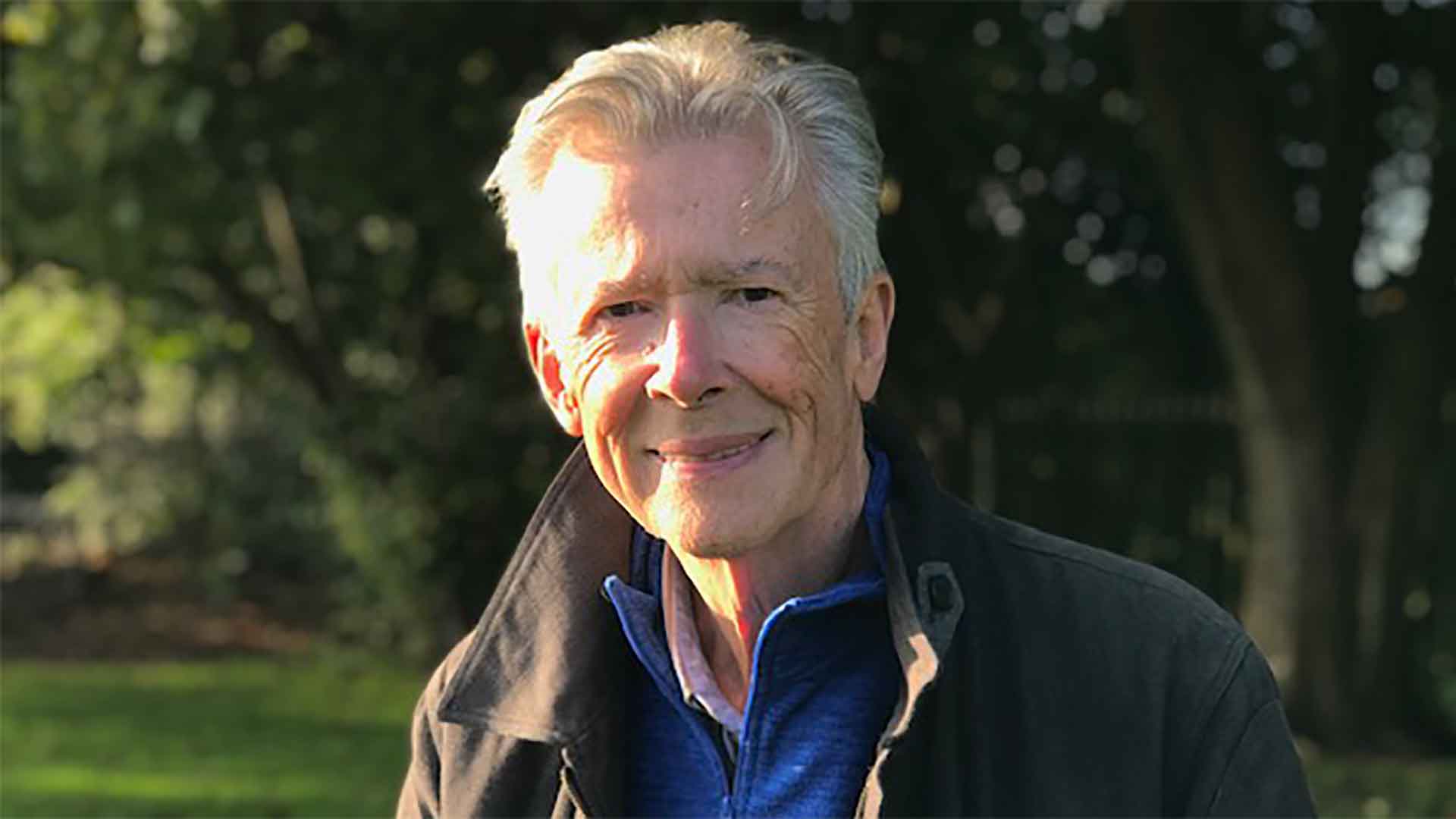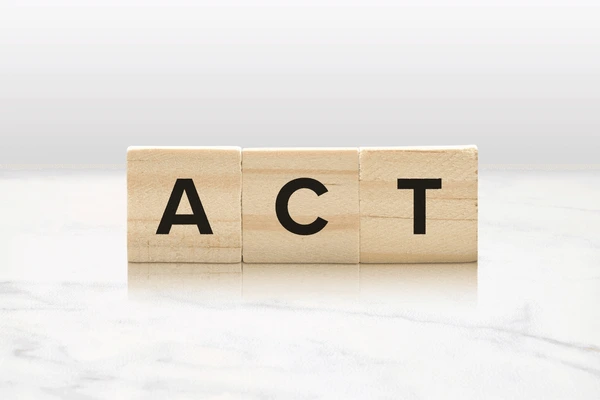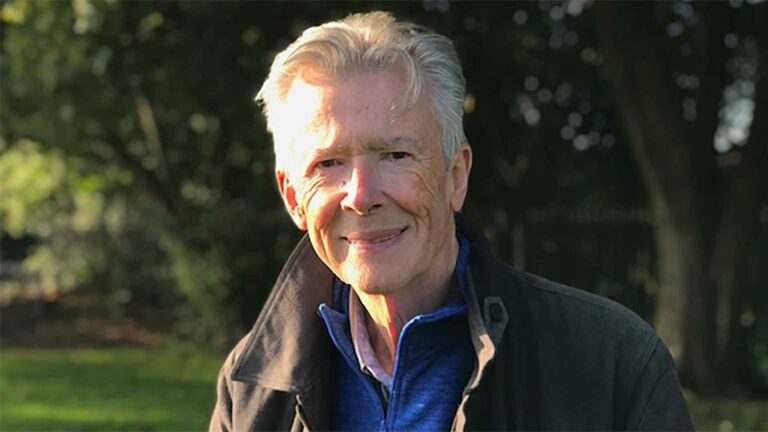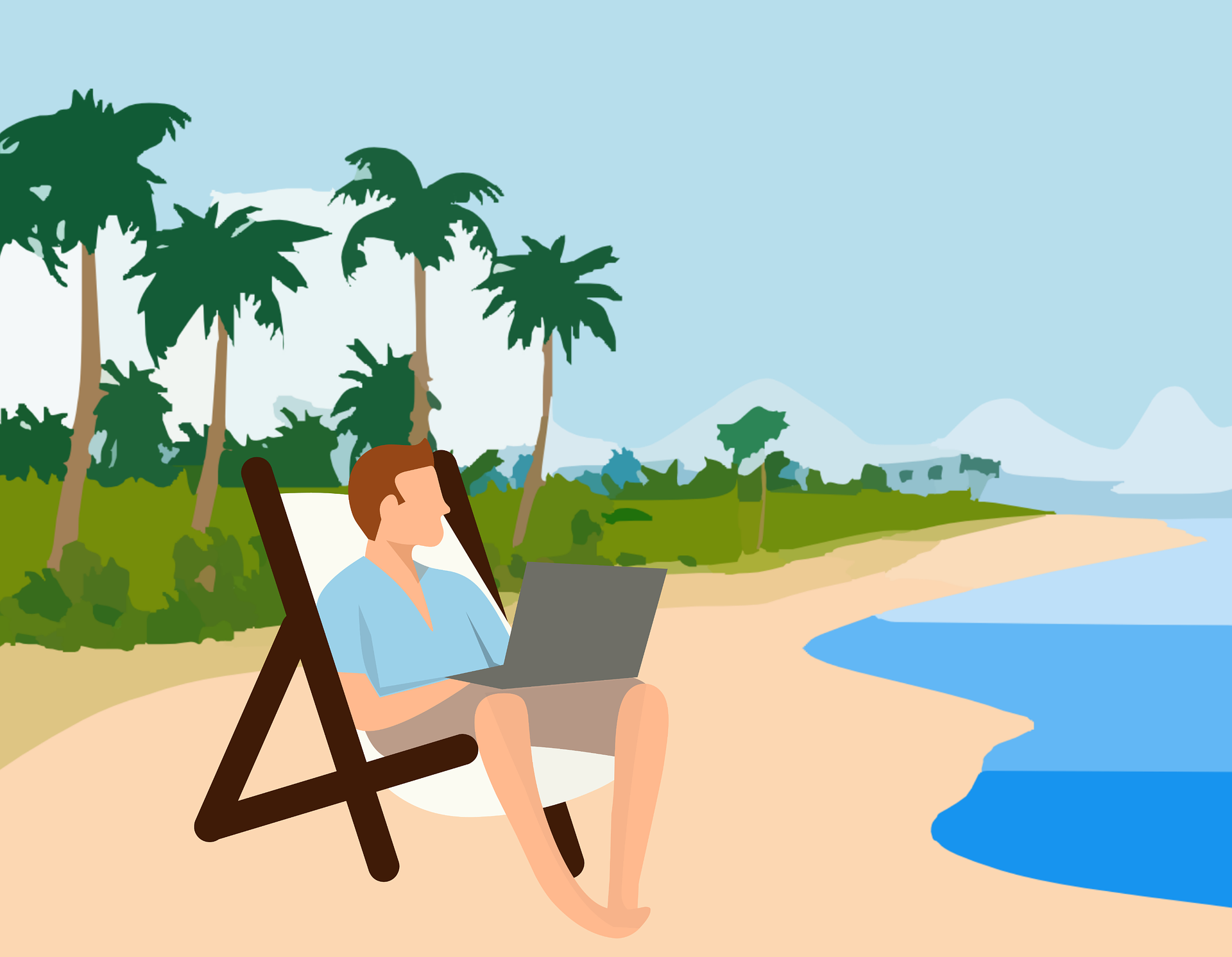Why Every Yoga Teacher Should Train in Mindfulness (2025 Guide)
As a yoga teacher, you already guide your students toward deeper presence, awareness, and embodiment. But if you’ve ever felt that your classes could benefit from more internal stillness, emotional resilience, or mental clarity — mindfulness training could be the missing piece.
In this post, we explore why training in mindfulness is a powerful next step for yoga teachers, and how it can enrich both your teaching and your personal path

What Is Mindfulness (and Why It Complements Yoga)?
Mindfulness is the practice of paying attention — intentionally, in the present moment, and without judgment. It’s about being with what is.
While yoga emphasizes movement, breath, and alignment, mindfulness deepens the inner experience of awareness, creating space for:
Emotional regulation
Compassionate presence
Mental clarity
Nervous system balance
Together, yoga and mindfulness form a complete mind-body practice.
5 Reasons Yoga Teachers Should Train in Mindfulness
1. Deepen Your Teaching Presence
Mindfulness helps you cultivate your own inner stillness, which radiates into the room. You become more attuned to your students, more responsive, and less reactive — even in challenging classes.
“Your presence is your power as a teacher. Mindfulness strengthens that presence.”
2. Offer More Than Asana
Many yoga students come seeking stress relief, focus, or emotional support — but postures alone may not address the mental and emotional layers. Mindfulness gives you tools to teach beyond the mat:
Guided breath awareness
Meditation techniques
Body scans and self-inquiry
Compassion-based practices
3. Create Trauma-Informed, Safe Spaces
Mindfulness training (especially trauma-sensitive programs) equips you with skills to:
Honor emotional boundaries
Hold space without fixing
Avoid spiritual bypassing
Invite choice and agency
This is especially vital in diverse, inclusive yoga spaces.
4. Grow Your Career and Offerings
With a mindfulness teacher certification, you can expand your professional toolkit and income streams:
Lead meditation workshops
Offer corporate mindfulness programs
Create online courses or retreats
Run yoga + mindfulness series or MBSR/MBCT/Mindfulness Now-inspired classes
This is a meaningful way to diversify your offerings without straying from your yogic roots.
5. Nourish Your Own Practice
Burnout is real — even for yoga teachers. Mindfulness helps you slow down, return to your breath, and reconnect with your original intention to teach. It becomes a personal refuge, not just a professional tool.

What Does Mindfulness Teacher Training Include?
A high-quality mindfulness teacher training typically covers:
The science of mindfulness and stress
Secular meditation practices
How to guide mindful practices
Holding group space with compassion
Ethics, trauma sensitivity, and inclusivity
Practice teaching and feedback
Our Mindfulness Teacher Training is perfect for yoga teachers — flexible, accredited, and rooted in real practice, not just theory. and meets the UK Best Practice Guidelines for Mindfulness Teachers and Training Organisations
Frequently Asked Questions
Can I combine mindfulness and yoga in the same class?
Absolutely. Many teachers weave mindfulness into asana, or dedicate the last 10 minutes of class to seated meditation or breath awareness.
Is this different from meditation teacher training?
Yes and no. While meditation is a key component, mindfulness training also includes daily-life practices, emotional intelligence, and secular approaches suitable for diverse audiences.
Do I need prior mindfulness experience?
A consistent yoga or meditation practice is a great foundation. Most training courses welcome teachers from various backgrounds — and offer mindfulness supervision to help you grow your confidence.
Final Thoughts: The Inner Work of Teaching
As a yoga teacher, you’re already committed to conscious living. Adding mindfulness to your skill set doesn’t just make you a more versatile teacher — it helps you live and teach from a place of grounded presence.
🌱 If you’re ready to deepen your path and expand your impact, explore our Mindfulness Teacher Training today.
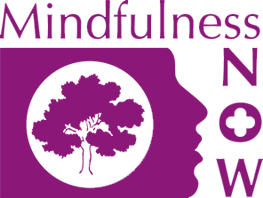

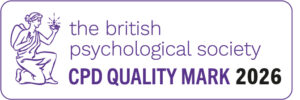






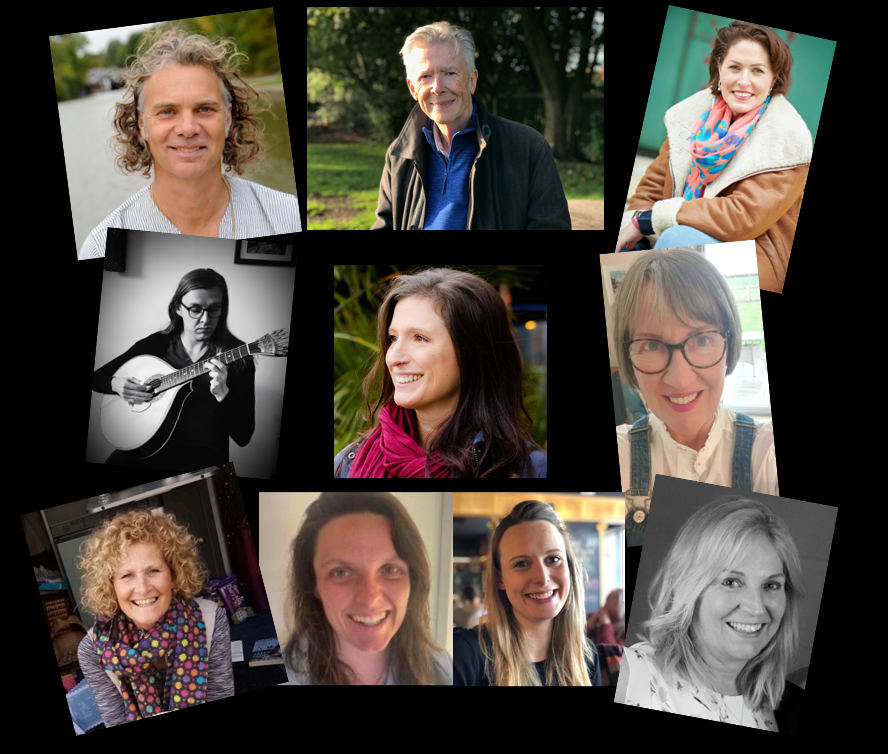
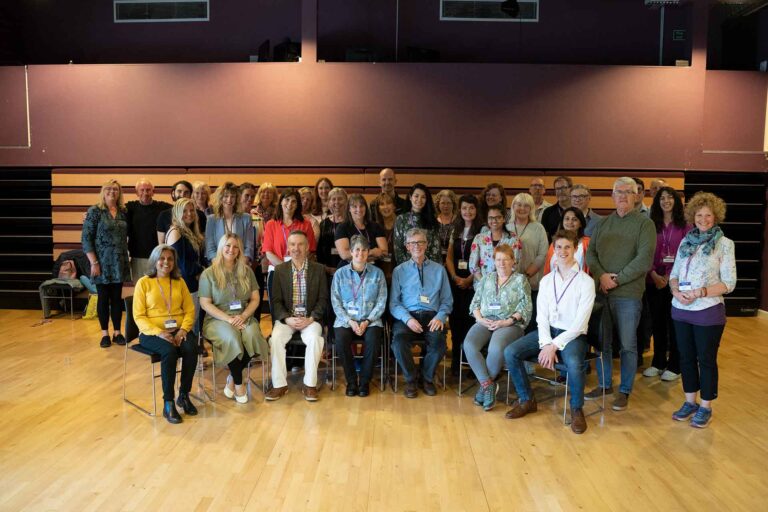
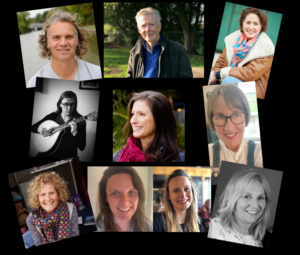 We have 8 great workshops planned for the day…
We have 8 great workshops planned for the day…